Colin Kaepernick’s Protest is Part of a Patriotic Tradition; Protesters Plan to Block Traffic Outside Rams Opener
Chicago Sun-Times
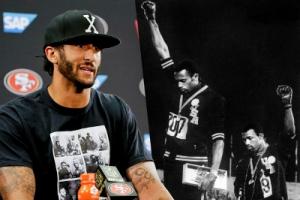 Colin Kaepernick, the former quarterback of the San Francisco 49ers, is being blackballed — itself a revealing phrase — from the National Football League with the collusion of the all-white owners. He is ostracized because a year ago he exercised his First Amendment right to free speech by taking a knee during the playing of the national anthem, as a symbol of protest against police shootings of unarmed African-American men.
Colin Kaepernick, the former quarterback of the San Francisco 49ers, is being blackballed — itself a revealing phrase — from the National Football League with the collusion of the all-white owners. He is ostracized because a year ago he exercised his First Amendment right to free speech by taking a knee during the playing of the national anthem, as a symbol of protest against police shootings of unarmed African-American men.


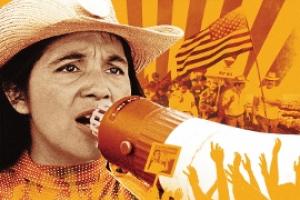
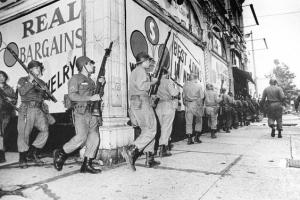
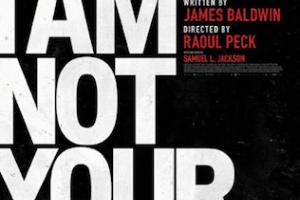
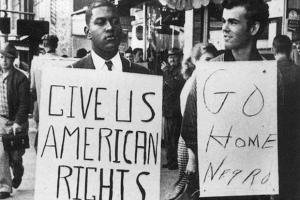
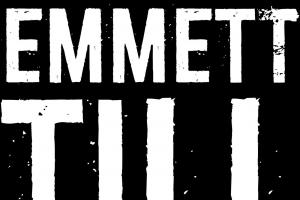
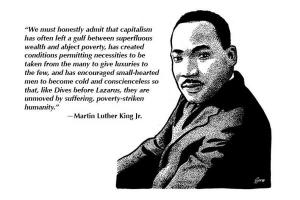

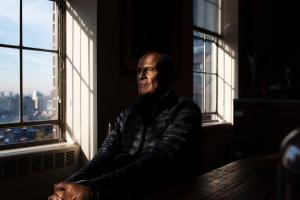
Spread the word